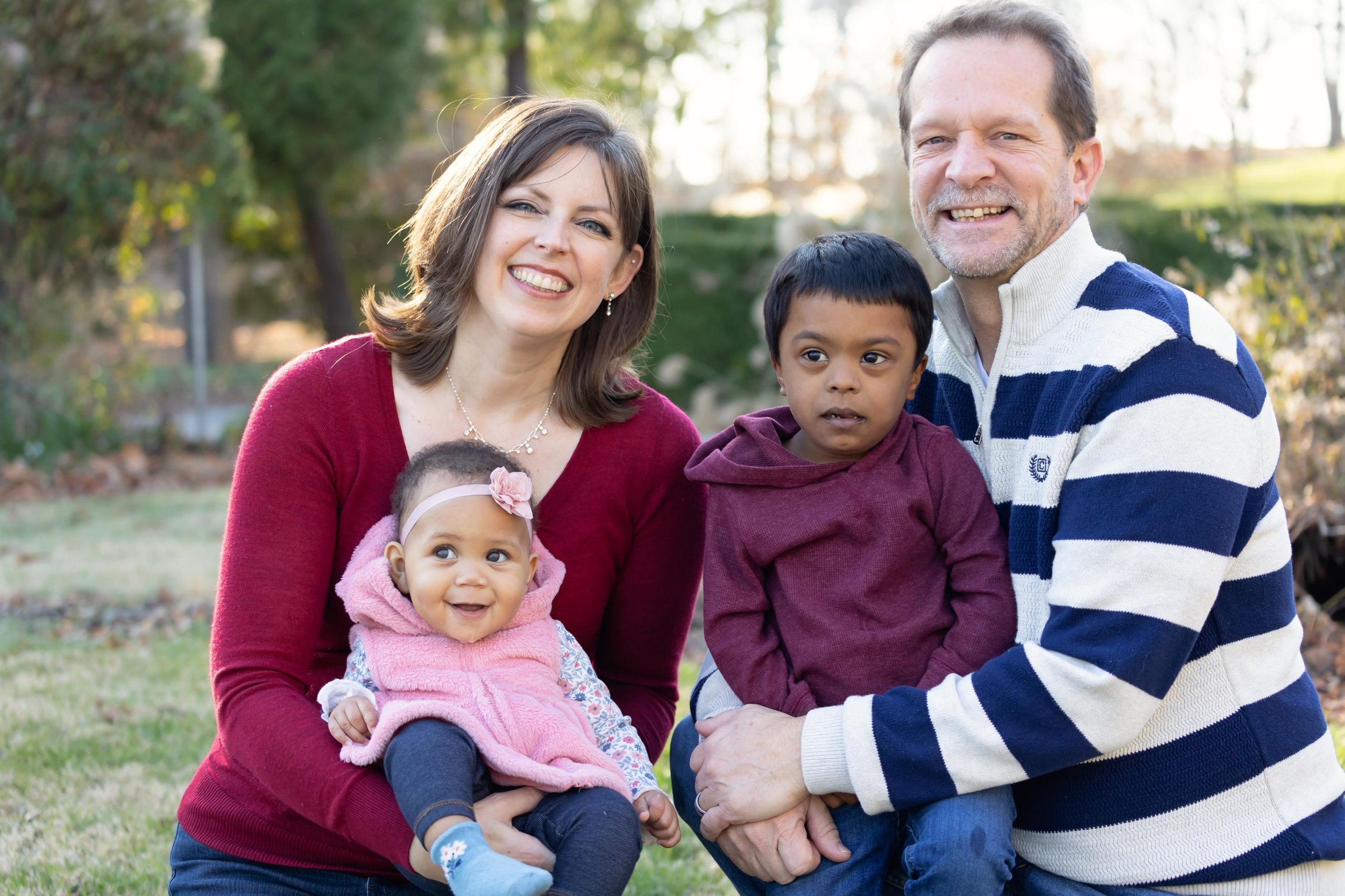You spent the entire summer in the hospital. What was happening?
For most of my adult life, I have suffered from several autoimmune diseases (an increasingly common class of disease in which the immune system harms the patient’s own tissues andorgans). These chronic illnesses have caused me a variety of problems over the last 18 years, notably including a minor stroke at the age of 39.
A few years ago, we discovered that my illness had caused extensive damage to my liver. This was managed, with variable success, with medication until January 2022, when my symptoms worsened and stopped responding to treatment. At that point, my doctors and I decided it was time to start preparing for an eventual liver transplant.
In May, I underwent a procedure meant to mitigate some of my symptoms as I awaited transplant. The procedure improved some of my issues, but I also experienced many complications and side effects, some of which landed me in the hospital (Northwestern Memorial) in early June.
In the hospital, my condition continued to decline, and my medical team struggled to keep me healthy enough to remain eligible for transplant surgery. Meanwhile, my liver failure was accelerating, meaning I would likely need that surgery far sooner than previously expected. After days of hard work and discussion, my doctors decided that I was strong enough for transplant. Early the next morning, July 12, a doctor informed me that they had identified a liver match for me from a deceased donor in Michigan, and I was quickly prepared for the operation. After 9 hours of surgery, I had a new, working liver and an incision that would become a 16-inch scar.
My recovery from the transplant was as rocky as my path to it, in part because I had been so unwell going into it and deconditioned from my long hospital stay. So I spent another two months after the surgery in a combination of ICU, general hospital wards, and physical rehab facilities. I was hospitalized for a total of 12 weeks.
That sounds overwhelming. What was hardest about your hospitalization and time in rehab?
Probably the fact that, over the course of the summer, I had so many different problems that arose in such quick succession. We would barely begin to address one symptom when several more would emerge. The human liver has more than 300 distinct biological functions, so liver failure can cause seemingly innumerable issues. And, of course, a long hospital stay can cause its own problems.
I entered the hospital with severe edema in my legs and feet, and almost immediately developed severe pain and muscle spasms in my left leg and foot that quickly left me unable to walk or even move around much in my bed. I had episodes of irregular blood pressure, heart rate, and blood oxygen. Fluid accumulated around my lungs and heart. I had serious problems with digestion, swallowing, breathing, and sleeping. I was covered in bruises--some from my many injections, IVs, and blood draws, but others with no clear cause. In the few hours of sleep I could get, I had vivid, distressing dreams.
My many medications produced side effects like tremors so severe I couldn’t feed myself and mineral deficiencies that had to be treated with painful, hours-long infusions. My rapidly fluctuating body chemistry, the result of frequent medicine changes and my liver’s declining filtration capacity, gave me bouts of intense anxiety and paranoia. I had many episodes of altered mental state--times when I couldn’t think or speak fluently, or periods of delirium and stupor. There are several periods, lasting hours or days, that I can’t remember at all.
Did God meet you in this time—and if so, how?
Throughout my years of illness, including this hospitalization, God has consistently met me through my friends and community. I always knew I had a large group of people keeping up with my situation and supporting me with their calls, visits, and prayers. One friend was inspired to construct a prayer network of friends and family around the world to intercede for my healing. Another was always available for a phone call when I would wake up gripped by panic in the middle of the night. One friend flew from her home in Massachusetts to stay with me in the hospital for a week when none of my family could be here.
More than anyone else, my mother was God’s hands and feet and voice to me throughout this ordeal. She and my dad had been visiting me in the spring when my health really started to take a downward turn. Dad had to go home to go back to work (he’s a pastor in New York state), but Mom stayed with me as things got worse, and was with me nearly all day, every day of my hospital stay, clocking literally hundreds of hours on I-290 getting between my home in Glen Ellyn and the hospital. I couldn’t have gotten through this without her, as I often was not in good enough condition to manage my own care, and I needed more attention than my nursing staff had time to provide. She kept my friends up to date on my roller-coaster condition with regular emails. She also stayed with me for several weeks after my discharge, while I still needed lots of help. I don’t have words to describe the blessing I received from her this year.
You were able to return to worship recently. What was that like for you?
Prior to my hospitalization, I hadn’t regularly attended in-person worship in some time, since my medical issues put me at high risk from the pandemic and my declining health left me with very little energy. I started attending Savior remotely during the pandemic, so when I went into the hospital, I don’t think anyone in the church but Fr. Kevin and Mtr. Karen knew I was attending! And yet, even though almost no one in the congregation knew who I was, you prayed for me. You prayed together weekly, in the Prayers of the People, and intercessors were called upon at many points of crisis. Returning to worship with this community that had held me up to the Father with such faith and care felt like an outpouring of God’s love. I feel acutely aware of the great answer to prayer I’ve received in my recovery.








